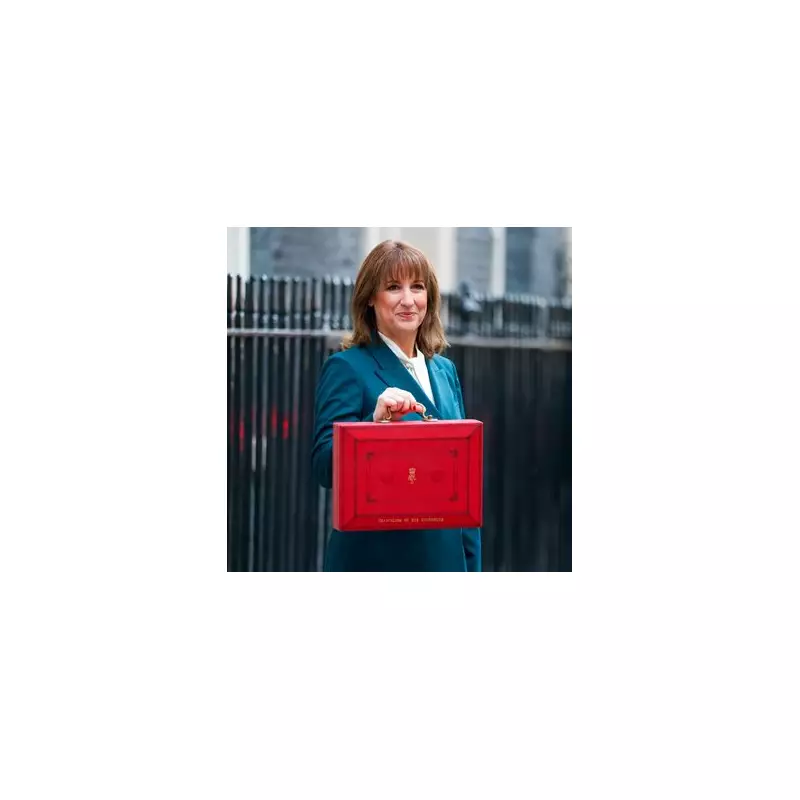
In a defining moment for Britain's new Labour government, Chancellor Rachel Reeves has delivered what former Prime Minister Gordon Brown described as a transformative intervention for the nation's most vulnerable children.
Historic Move Against Child Poverty
During her November 2025 Budget announcement, Reeves took the decisive step of abolishing the controversial two-child benefit limit, a policy that had been condemned by charities and opposition parties alike. The move will directly improve the lives of approximately 450,000 children living in poverty across the United Kingdom.
Gordon Brown, speaking with characteristic passion, declared that this single action had achieved more to help Britain's poorest children than all seven Conservative Chancellors who preceded Reeves during the party's 14 years in government. The former Labour leader, who has campaigned extensively against the policy through his charitable work, viewed the benefit cap as a moral scar on the nation's conscience.
Budget Measures and Political Context
While the Budget contained several tough measures, including the freezing of tax thresholds until 2028, the scrapping of the two-child limit stood out as what Brown called the "glittering jewel" of Reeves' financial plan. The Chancellor also announced a £150 reduction in household fuel bills, increases to the minimum wage, and changes to rail fares and prescription charges in England.
The abolition of the two-child benefit cap carries a significant immediate cost of £2.3 billion, a figure that had previously given the Chancellor pause. However, in what political observers are calling a transformation from "Scrooge to Mother Christmas," Reeves ultimately chose to make the anti-child poverty measure the centrepiece of her Budget.
Broader Implications and Political Battle
The decision sets the stage for a bruising political battle ahead. Labour MPs, including Cabinet Ministers positioning themselves for future leadership contests, now face the challenge of persuading voters who may have received child benefits for their own children while repeating what the government describes as "reactionary lines" about parents having children they cannot afford.
Critically, the government can point to statistics showing that three-fifths of the children who will benefit from this policy change live in households with at least one working parent The November 2025 Budget will likely be remembered as the moment the UK Labour Government rediscovered its moral compass, consigning what it characterises as a "callous, cruel and cynical Tory policy" to the history books. While the Chancellor faces ongoing challenges, including criticism over the early release of Budget details, this landmark decision on child benefits represents a significant political and social statement about the government's priorities.






